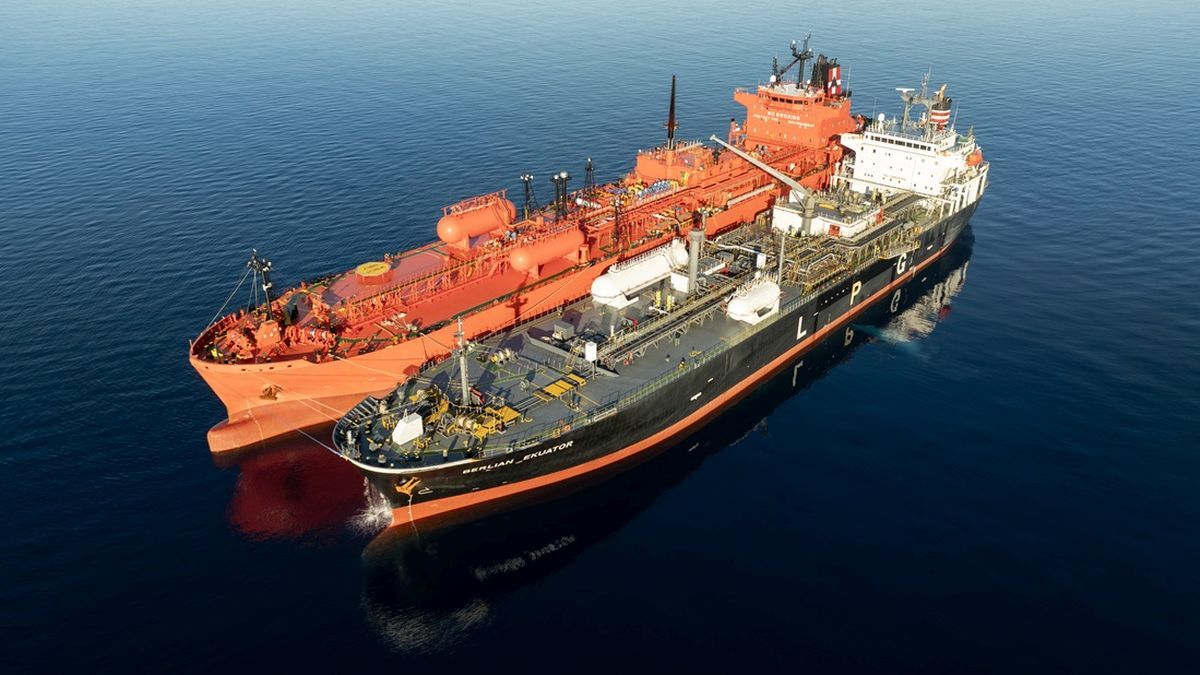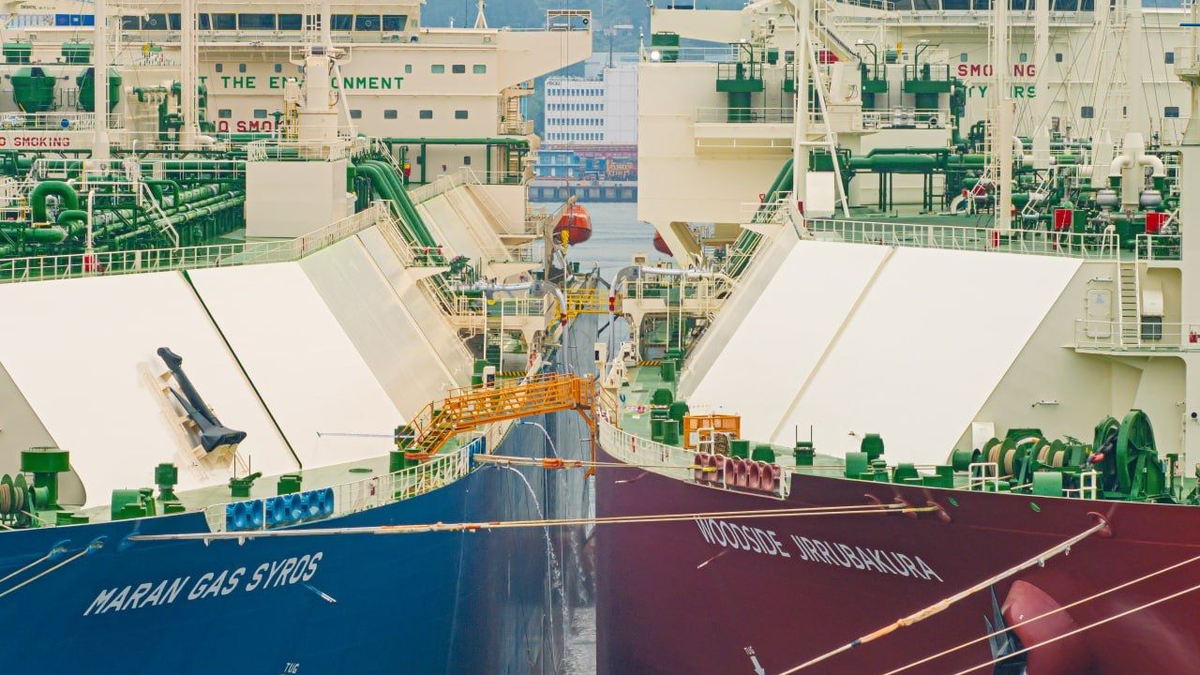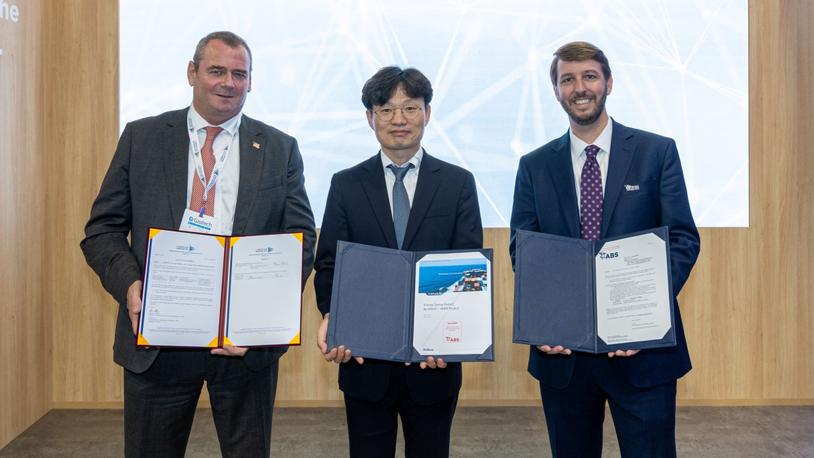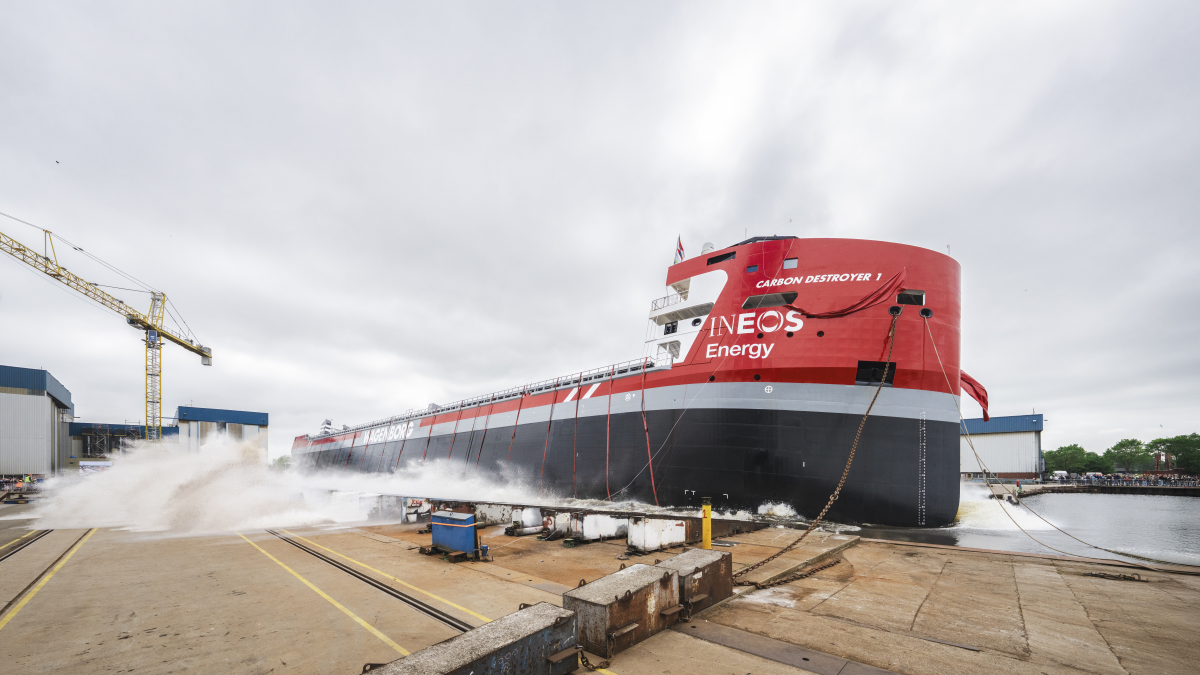Business Sectors
Events
Contents
Register to read more articles.
DNV: shipping to be the 'flexible backbone' for carbon transport
DNV projects US$8Bn in global CCS investment and 400% capacity growth by 2030
Global investment in carbon capture and storage (CCS) projects is forecast to reach US$8Bn over the next five years, according to DNV’s first dedicated CCS Energy Transition Outlook.
The study also predicts a 400% increase in global CCS capacity by 2030, with 210M tonnes of CO2 captured and stored annually.
Presenting the findings, DNV vice president and regional manager West Europe Lucas Ribeiro Julien said the alignment of climate policies, public awareness and rising carbon prices meant the sector was at “a pivotal moment”.
“CCS is not only an environmental necessity, it is becoming an economic driver too,” he told delegates at the CO2 Shipping, Terminals & CCS Conference, Europe, held in association with DNV on 8 September 2025 in Milan, Italy. Mr Julien said Europe is at the forefront of this momentum.
The European Union’s industrial carbon management strategy includes a target of capturing 450M tonnes of CO2 each year by mid-century, while under the Net Zero Industry Act oil and gas producers will be required to provide 50M tonnes of storage capacity per year by 2030.
The EU Emissions Trading System was also described as a powerful driver of CCS economics.
More than 100 commercial-scale projects are under development, with Norway’s Northern Lights initiative providing the current anchor for cross-border CO2 shipping and storage. Projects are also advancing in Greece, Italy and Poland, according to DNV.
Mr Julien cautioned that CCS must be delivered safely and reliably, noting “strong safety standards, clear regulations and rigorous assurance” were essential and lessons from early projects would be crucial in building more resilient schemes in the next phase of development.
He emphasised shipping would be the “flexible backbone” of the industry, complementing pipelines and enabling cross-border carbon flows.
In the Mediterranean, early developments are already showing what is possible, with ports beginning to explore the infrastructure needed to support large-scale CCS.
“The Mediterranean has the potential to become not just a transit route, but a true hub for carbon management,” he said.
Mr Julien noted carriers, terminals, offshore units and support infrastructure would all be required and highlighted a DNV whitepaper on CO2 carriers launched the previous week, which provided guidance on ship design, construction, operation and relevant regulatory frameworks.
Riviera’s Maritime Decarbonisation Conference, Europe will be held in Amsterdam Schipol Airport, 30 September to 1 October 2025. Click here to register your interest in this industry-leading event.
Related to this Story
Events
Offshore Support Journal Conference, Americas 2025
LNG Shipping & Terminals Conference 2025
Vessel Optimisation Webinar Week
© 2024 Riviera Maritime Media Ltd.












